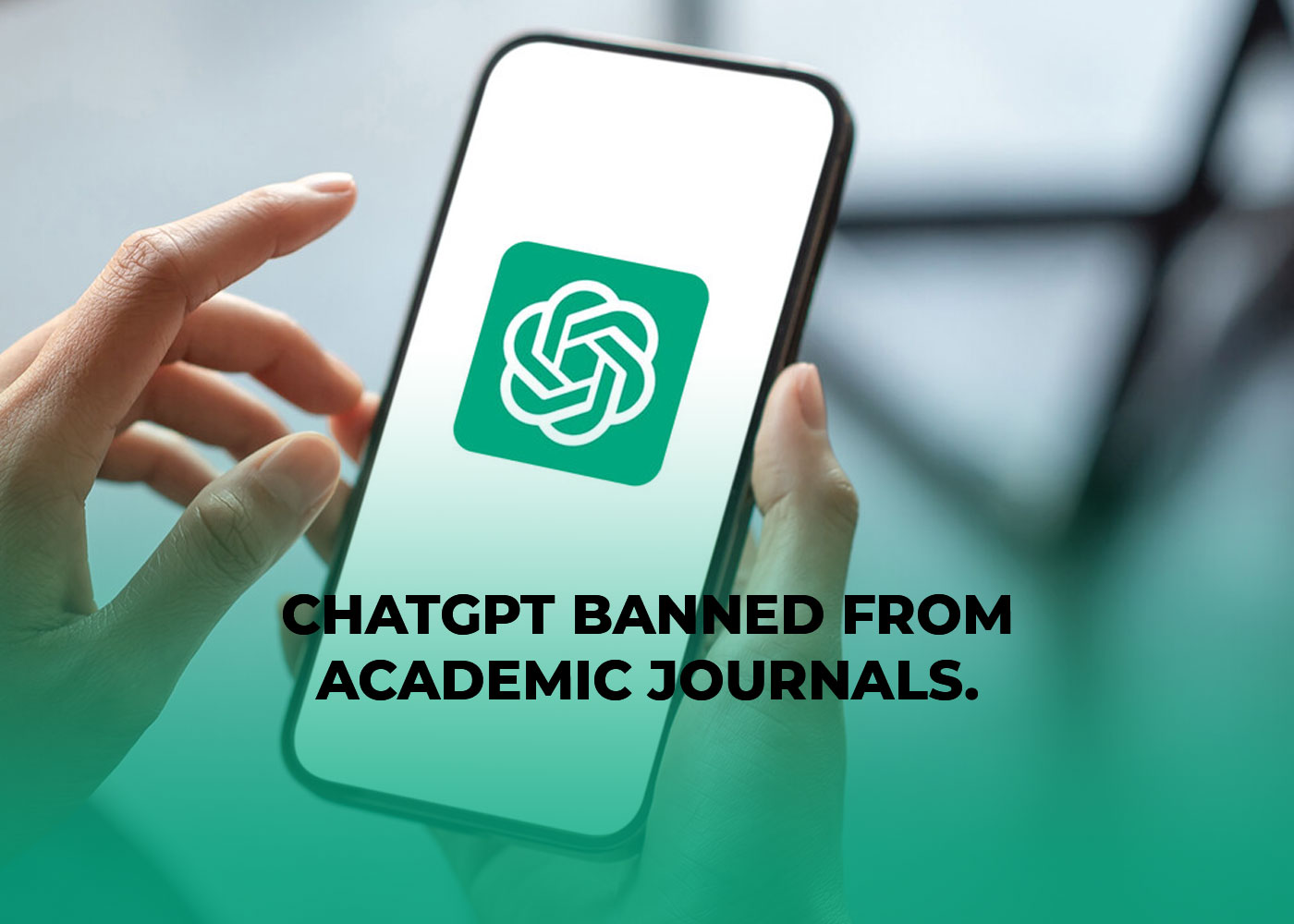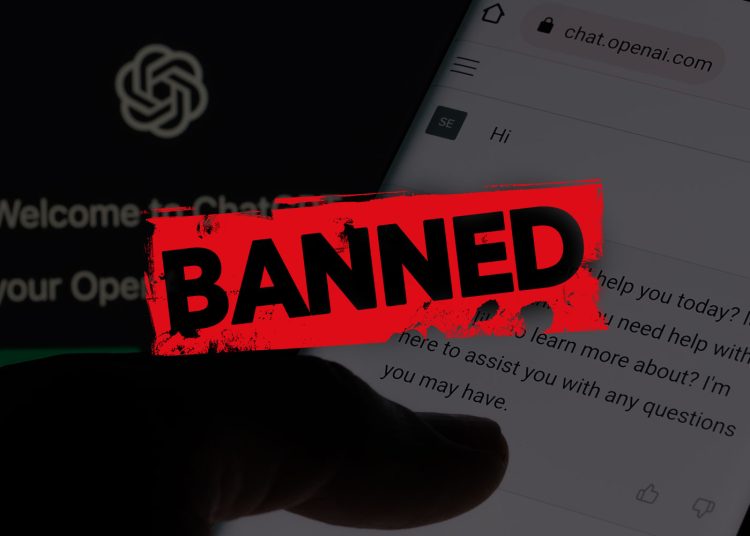OpenAl’s revolutionary AI chatbot, ChatGPT, has recently been prohibited in multiple universities and platforms – now, even some of the most esteemed scientific journals in the US have taken a stand against it.
ChatGPT’s Banned in Famous Science Journals!
Last November, the innovative ChatGPT was released for users worldwide. Wielding a GPT-3.5 model based on machine learning technology and artificial intelligence, this chatbot can answer software queries and create stories, poems, and articles – making it invaluable to academics and researchers alike. Unfortunately, leading American scientific journals have recently announced that they are banishing ChatGPT due to erroneous or even falsified information occasionally arising from its writing; thusly unable to hold an AI accountable like a human author.
Going forward, researchers and scholars can no longer rely on ChatGPT to publish their articles in prestigious scientific journals. Holden Thorp – Editor-in-Chief at Science, one of the eminent science magazines based in America – commented about this update;
“Given the frenzy around this, it’s a good idea to make it absolutely clear that we won’t allow ChatGPT to be an author or have his text used in articles. Leading scientific journals ask authors to sign a form declaring that they are responsible for their contribution to the study. ChatGPT can never be considered an author as it cannot do that.“

Some Schools Are Also Banning the Use Of ChatGPT
Lately, students have been enamored by ChatGPT due to its capacity to not only address software-related issues but even respond to their questions and generate assignments. Unfortunately, academia remains skeptical of this new development.
The New York Department of Education recently made the decision to prohibit chatbot technology due to its possible negative effects on students’ development of problem-solving and critical-thinking skills. In a recent email sent out by Sciences Po University in France – one of the most renowned schools in Europe – it was revealed that their institution had enacted an outright ban on texts generated using ChatGPT, as there is a high possibility for plagiarism if these texts are used. Plagiarism refers to presenting someone else’s work as your own, which could lead to serious academic repercussions for those caught engaging in such activities.
You may be interested: Sam Bankman-Fried Tried to Influence Witnesses











